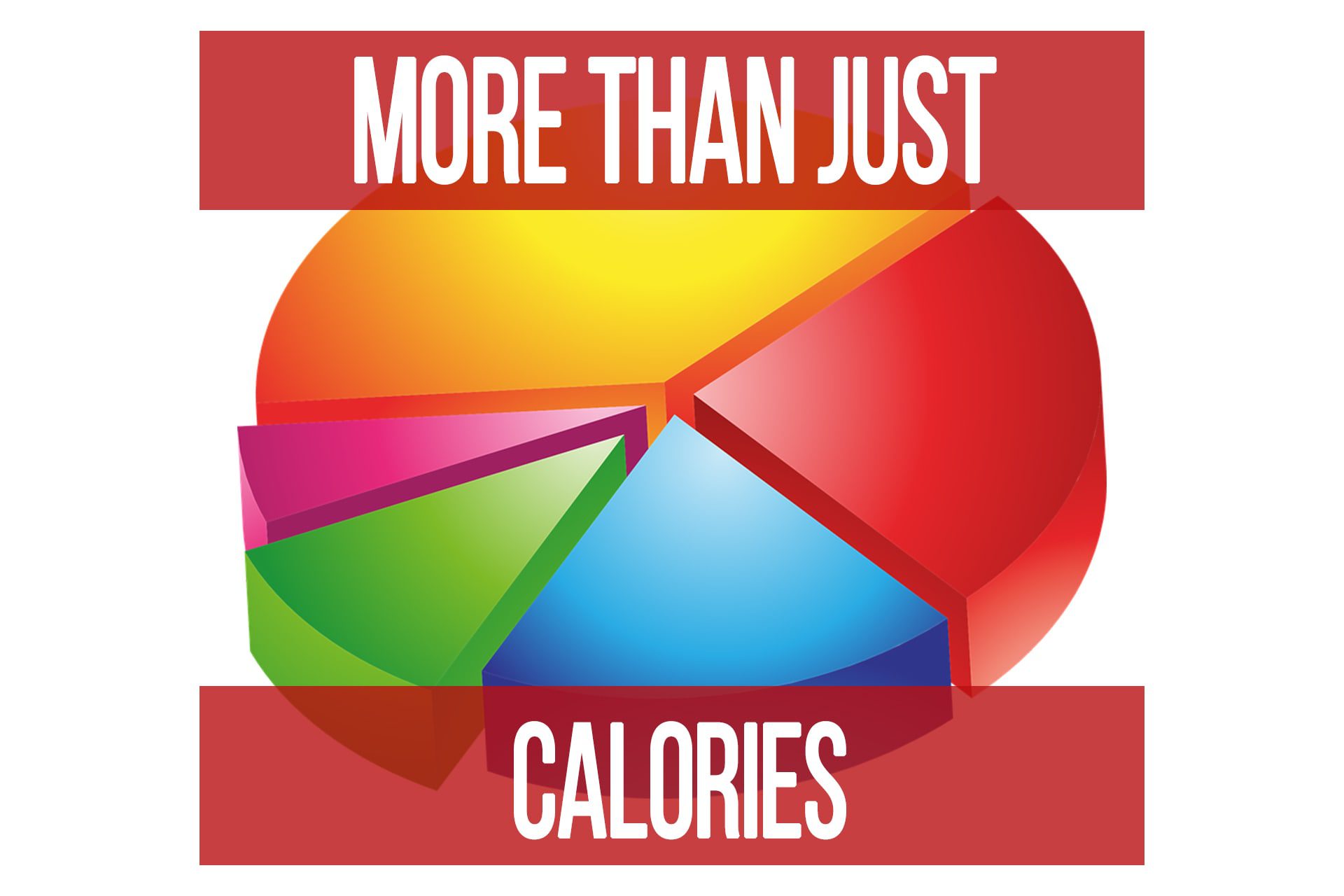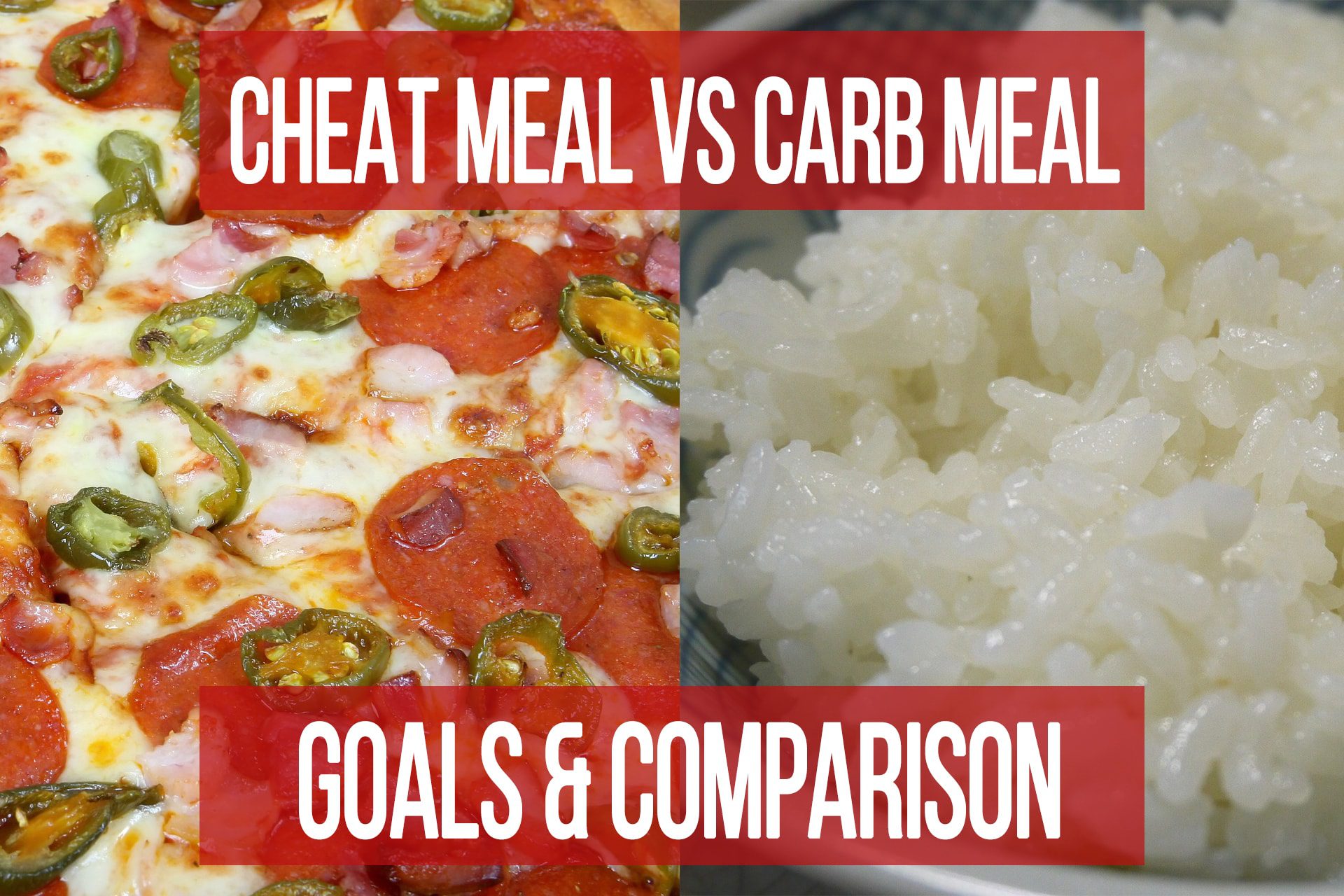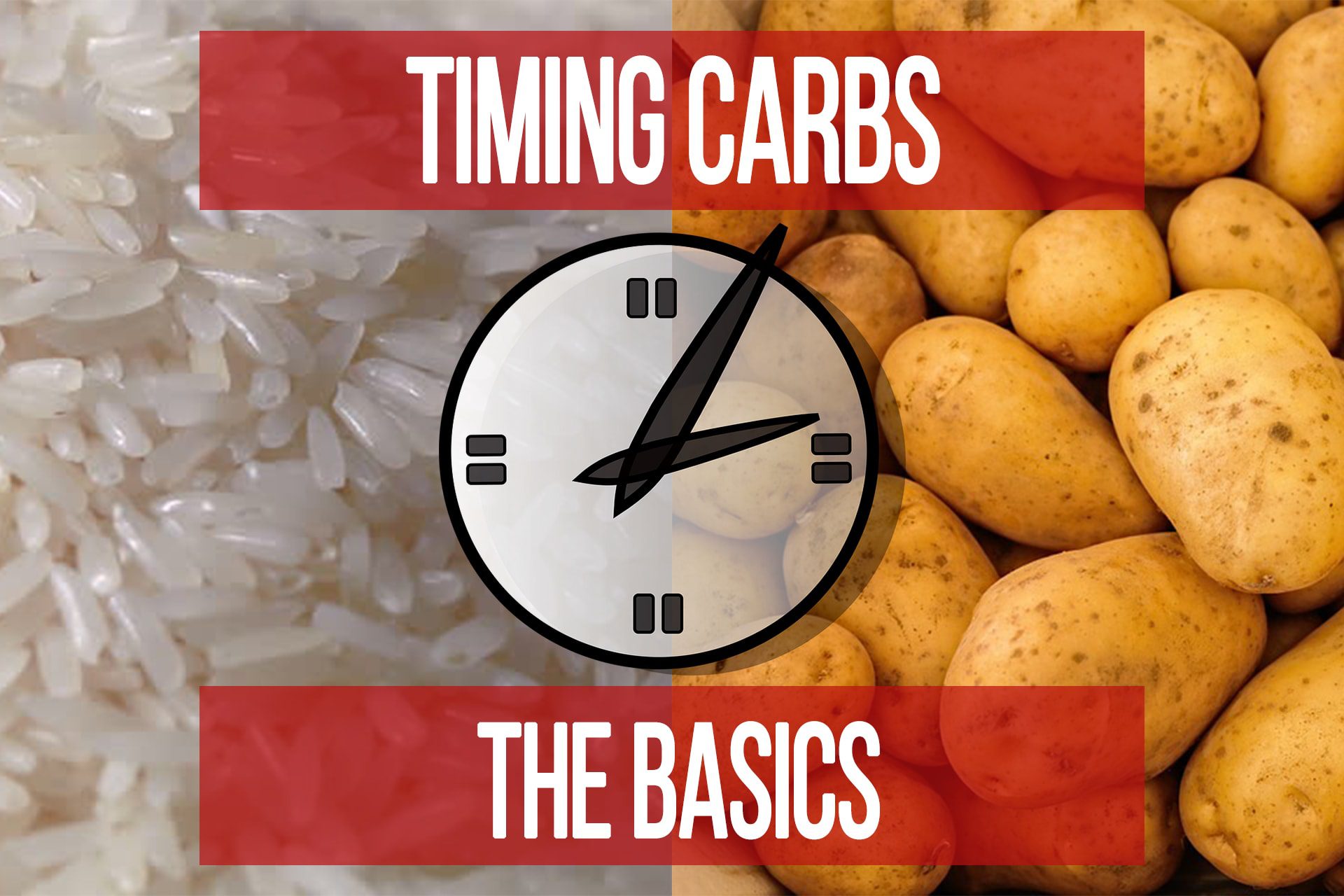Timing Fats – The Basics
n1 training
When timing fats, there are a few basic guidelines to keep in mind. For reference when speaking of carbohydrates, we are mainly focusing on starchy carbs in the context of this article, not fiber as that will not significantly elevate blood glucose or insulin.
First, large amounts of fats are not recommended with large amounts of carbs. Generally you will want your meals to be either carbohydrate OR fat dominant with an appropriate serving of protein. Of course, a “large” serving is relative to the size of the meal but an easy guideline to start out with is a 4:1 ratio.
For example, if you have 60g of carbohydrates then you would try to limit your fats to 15g or less. This accounts for the trace amounts of fats that you might have from even lean protein sources and some carb sources (like oatmeal). Conversely, if you were having a fat dominant meal with 40g of fat then you would try to limit carbs to 10g. This usually isn’t a problem though if you’re just having a source of protein and perhaps some additional fats as not many of those contain carbohydrates as well. Keep in mind that we are not counting carbs from fibrous vegetables or the trace amounts that you might get from nuts.
When we look at the most appropriate times to have fat-dominant meals, these will usually be the meals furthest away from your workouts. As we covered the basics of timing carbohydrates in a previous article, meals with your higher amounts of fat will naturally go in the meals where you need carbs the least.
Unless you train first thing in the morning before eating a full meal, your first meal of the day may be one of the best places to have the largest serving of your fats for the day. It gives your body a supply of fuel to burn and helps regulate blood sugar and hormones. This is also helpful when taking in your fat-soluble vitamins (A, D, E, and K) in the morning to improve transportation and absorption. Even more important than quantity though is the quality of the fats you’re having at this time.
If you do happen to train first thing in the morning, a carbohydrate meal might be preferred as your first whole-food meal of the day as it would be your post-workout meal. After that, you could just make your next meal a few hours later your first higher fat meal.
Fats are an essential nutrient for health, recovery, and performance. The quality and timing fats matters just as it does for your other macronutrients, protein and carbohydrates. Remember that consistency is the key to your long-term progress and continuing to learn will ultimately speed up your future results.
When timing your fats, there are a few basic guidelines to keep in mind.
For reference, we are mainly focusing on starchy carbs in the context of this article, not fiber as that will not significantly elevate blood glucose or insulin.
First, large amounts of fats are not recommended with large amounts of carbs. Generally you will want your meals to be either carbohydrate OR fat dominant with an appropriate serving of protein.
Of course, a “large” serving is relative to the size of the meal but an easy guideline to start out with is a 4:1 ratio. For example, if you have 60g of carbohydrates then you would try to limit your fats to 15g or less. This accounts for the trace amounts of fats that you might have from even lean protein sources and some carb sources (like oatmeal).
Conversely, if you were having a fat dominant meal with 40g of fat then you would try to limit carbs to 10g. This usually isn’t a problem though if you’re just having a source of protein and perhaps some additional fats as not many of those contain carbohydrates as well. Keep in mind that we are not counting carbs from fibrous vegetables or the trace amounts that you might get from nuts.
Timing
When we look at the most appropriate times to have fat-dominant meals, these will usually be the meals furthest away from your workouts. As we covered the basics of timing carbohydrates in a previous article, meals with your higher amounts of fat will naturally go in the meals where you need carbs the least.
Unless you train first thing in the morning before eating a full meal, your first meal of the day is usually the best place to have the largest serving of your fats for the day. It gives your body a sufficient supply of fuel to burn to help regulate blood sugar and hormones. This is also helpful when taking in your fat-soluble vitamins (A, D, E, and K) in the morning to improve transportation and absorption. Even more important than quantity though is the quality of the fats you’re having at this time.
If you do happen to train first thing in the morning, a carbohydrate meal might be preferred as your first whole-food meal of the day as it would be your post-workout meal. After that, you could just make your next meal a few hours later your first higher fat meal.
Fats are an essential nutrient for health, recovery, and performance. The quality and timing matters just as it does for your other macronutrients, protein and carbohydrates. Remember that consistency is the key to your long-term progress and continuing to learn will ultimately speed up your future results.
Have a Question for Us?
Please Log In to Submit Your Question
Calories Matter But So Does Everything Else
videoBody Composition Foundation FREE Health and Longevity Nutrition Supplementation TrainingTiming Your Carbohydrates – The Basics
articleBody Composition Foundation FREE Hypertrophy Nutrition
Popular Pages
Learn & Train With Us
Add N1 Training to your Homescreen!

Please log in to access the menu.





